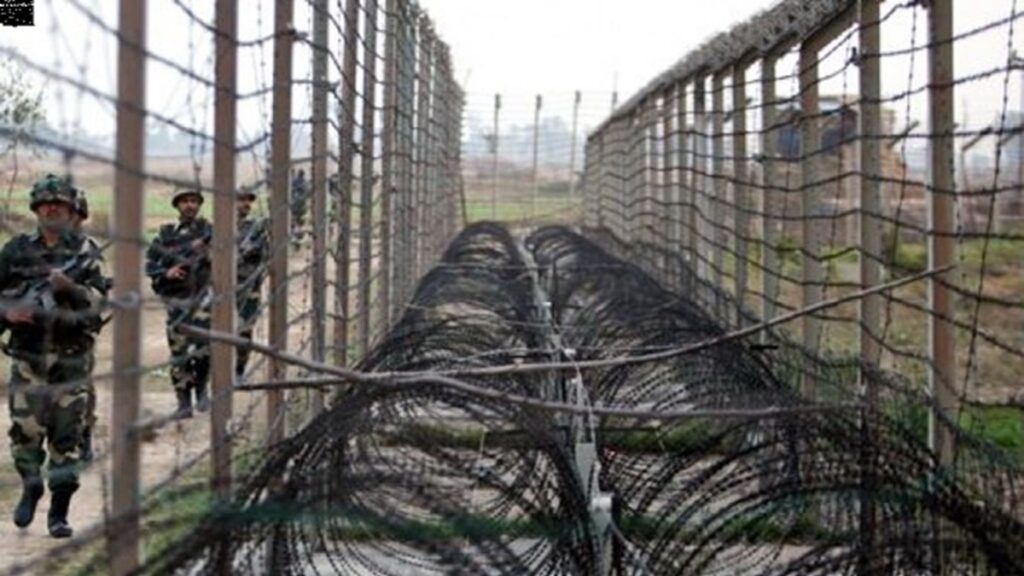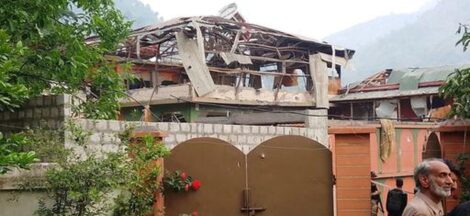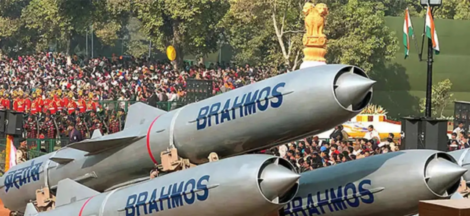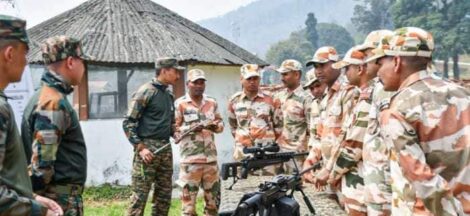Rajasthan and Punjab have intensified security measures following India’s missile strikes on targets in Pakistan and Pakistan-administered Kashmir, executed under Operation Sindoor. These strikes were in retaliation for the Pahalgam terror attack that claimed 26 civilian lives. In response, both states have cancelled police leaves, restricted public gatherings, and sealed borders to brace for potential escalations.
Rajasthan, sharing a 1,037-kilometre border with Pakistan, has implemented stringent security protocols. The Border Security Force has been authorised to engage any suspicious activity with shoot-on-sight orders. The Indian Air Force remains on high alert, with fighter jets conducting patrols over the western sector. Consequently, civilian flights from Jodhpur, Kishangarh, and Bikaner airports have been suspended until 9 May.
Punjab has similarly escalated its security posture. The state government has intensified checks at interstate and inter-district crossings, particularly focusing on tourist spots, religious sites, and over 160 educational institutions hosting students from Kashmir. Security has been bolstered for individuals deemed high-risk, and patrolling around their residences has increased.
Operation Sindoor, launched on 7 May, targeted nine locations identified as militant infrastructure linked to the Pahalgam attack. India asserts that the strikes were precise and aimed solely at terrorist camps associated with Lashkar-e-Taiba and Jaish-e-Mohammed. However, Pakistan reports that the strikes resulted in 31 civilian deaths and 46 injuries, labelling the action as an “act of war.” In retaliation, Pakistan claims to have downed five Indian jets, though India has not confirmed these losses.
The escalating conflict has led to cross-border shelling along the Line of Control, resulting in additional civilian casualties on both sides. India has reported seven civilian deaths and 30 injuries due to Pakistani shelling, while Pakistan reports five fatalities from Indian artillery fire. The situation has prompted international concern, with calls for restraint from global leaders and offers of mediation from countries including Iran, whose foreign minister is currently in New Delhi for talks.
In anticipation of further hostilities, India conducted a nationwide civil defence drill, Operation Abhyaas, on 7 May. This exercise, the most extensive since the 1971 India-Pakistan war, encompassed 244 districts and included air-raid siren tests, blackout simulations, and evacuation drills. The drill aimed to bolster civilian readiness against potential threats amid the heightened tensions.
The Pahalgam attack, which occurred on 22 April, targeted a group of tourists in Jammu and Kashmir, resulting in 26 deaths. The Resistance Front, an offshoot of Lashkar-e-Taiba, claimed responsibility. In response, India has taken several diplomatic measures, including suspending the Indus Waters Treaty, expelling Pakistani diplomats, and closing its borders to Pakistani nationals. Pakistan has reciprocated by suspending the Simla Agreement, restricting trade, and closing its airspace to Indian aircraft.




 20th Century Saw An Explosion Of Indian Writings On Marx And Engels
20th Century Saw An Explosion Of Indian Writings On Marx And Engels 